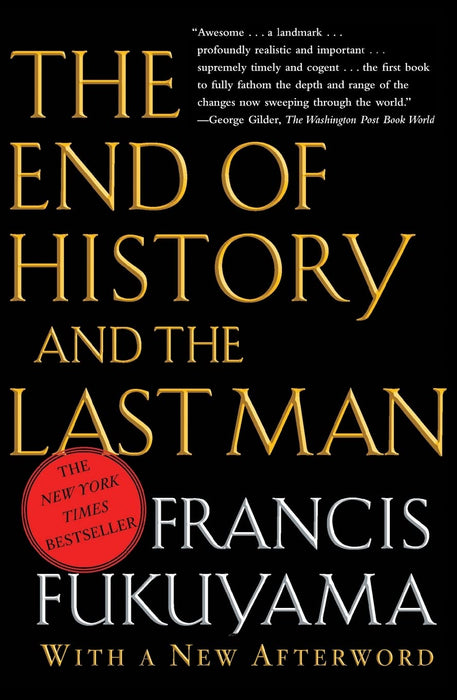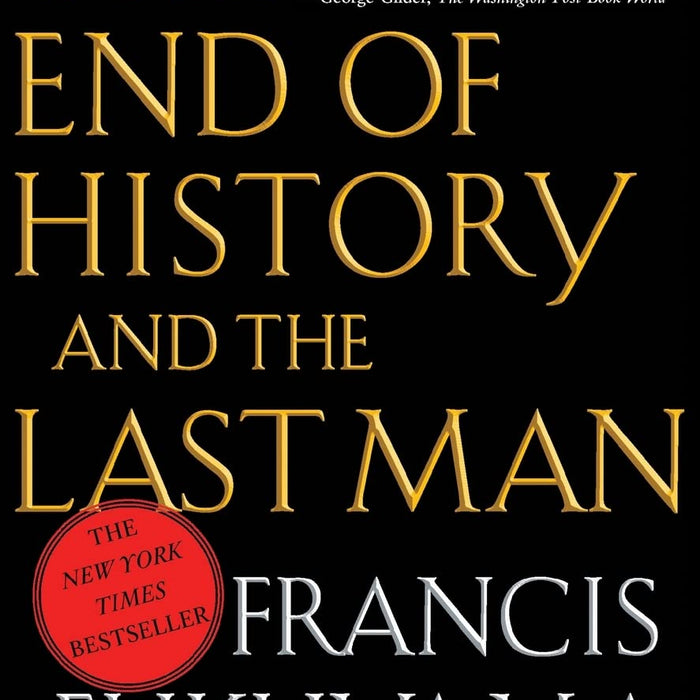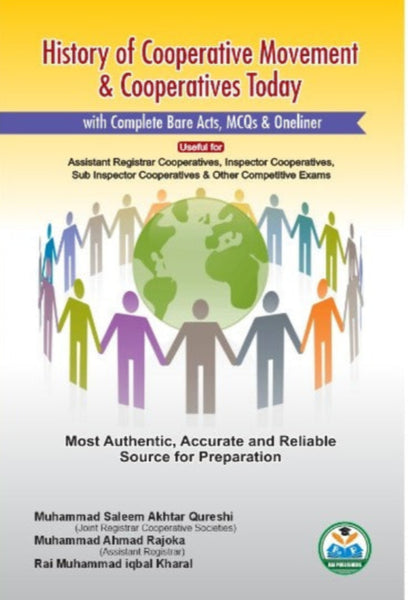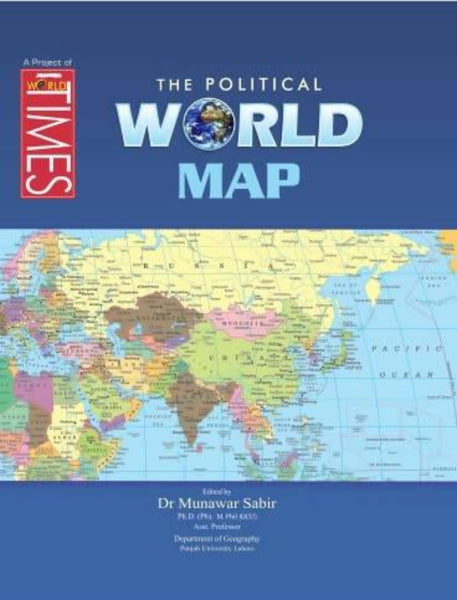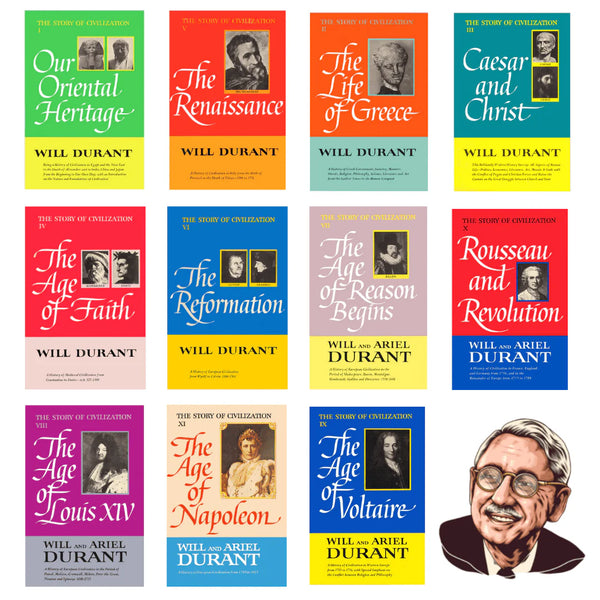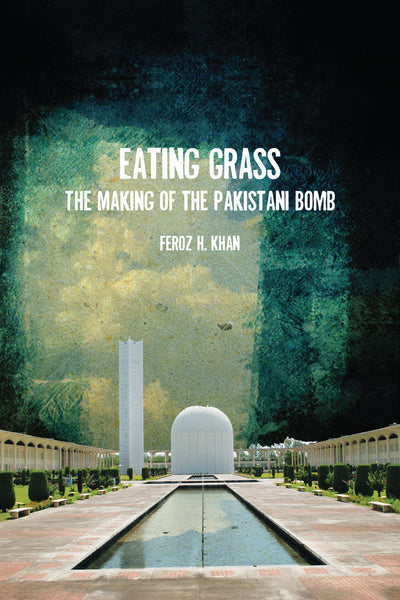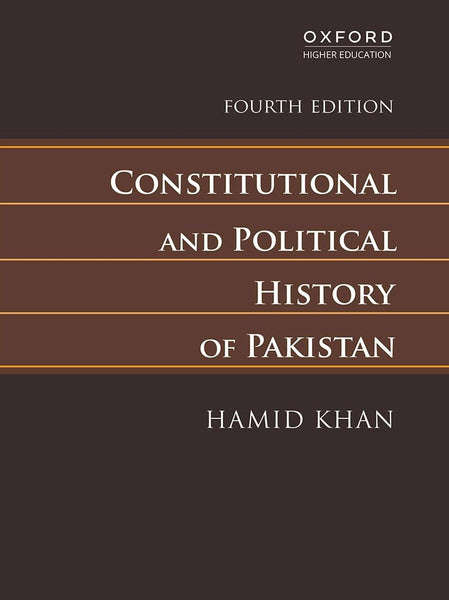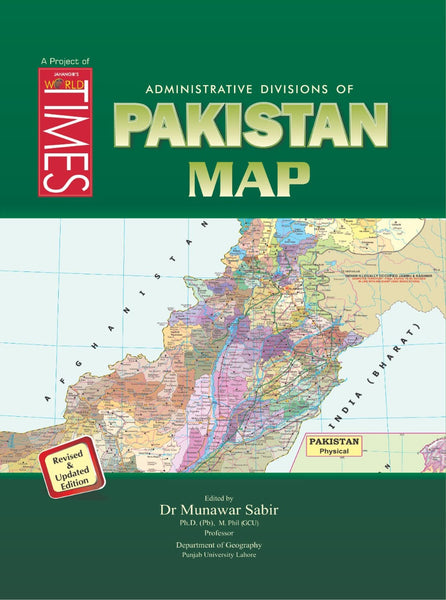The End Of History And The Last Man by Francis Fukuyama
- Publisher: HISTORY
- Availability: In Stock
- SKU: 40227
- Number of Pages: 464
Rs.590.00
Rs.850.00
Tags: A5 size , best books , Best Selling Books , challenges to liberalism , Cold War legacy , contemporary political theory , cultural dynamics , democracy and governance , democratic ideals , end of history thesis , Francis Fukuyama , future of democracy , good books , historical teleology , ideological conflict , ideological evolution , ideological triumph , liberal democracy , liberal values , political philosophy books , socio-cultural tensions , socio-political development , Western liberalism
The End of History and the Last Man
Author: Francis Fukuyama
Binding: Paperback
Paper Quality: A5 Matt Paper
Category: Political Philosophy / Political Science / History
Recommended For: Students of political science, philosophy enthusiasts, researchers, educators, and anyone interested in understanding the evolution of political systems.
-
Key Points:
- End of Ideological Evolution: Fukuyama posits that the global spread of liberal democracy signals the end of history in terms of ideological conflict.
- Triumph of Liberal Values: He argues that liberal democracy embodies universal values such as freedom, equality, and individual rights.
- Historical Teleology: The book explores the concept of historical teleology, suggesting that liberal democracy represents the ultimate form of human government.
- Challenges to Liberalism: Fukuyama discusses potential challenges to liberal democracy, including cultural and religious tensions, economic inequality, and authoritarian resurgence.
- Last Man Concept: He introduces the idea of the "last man," characterized by contentment with material comforts and lack of striving for greater purpose or ideology.
Conclusion: "The End of History and the Last Man" offers a provocative thesis on the trajectory of human political development, asserting that liberal democracy represents the apex of ideological evolution. However, it also invites reflection on the durability of liberal values in the face of emerging global challenges.
════ ⋆★⋆ ═══
Writer ✤ Francis Fukuyama (Author)

